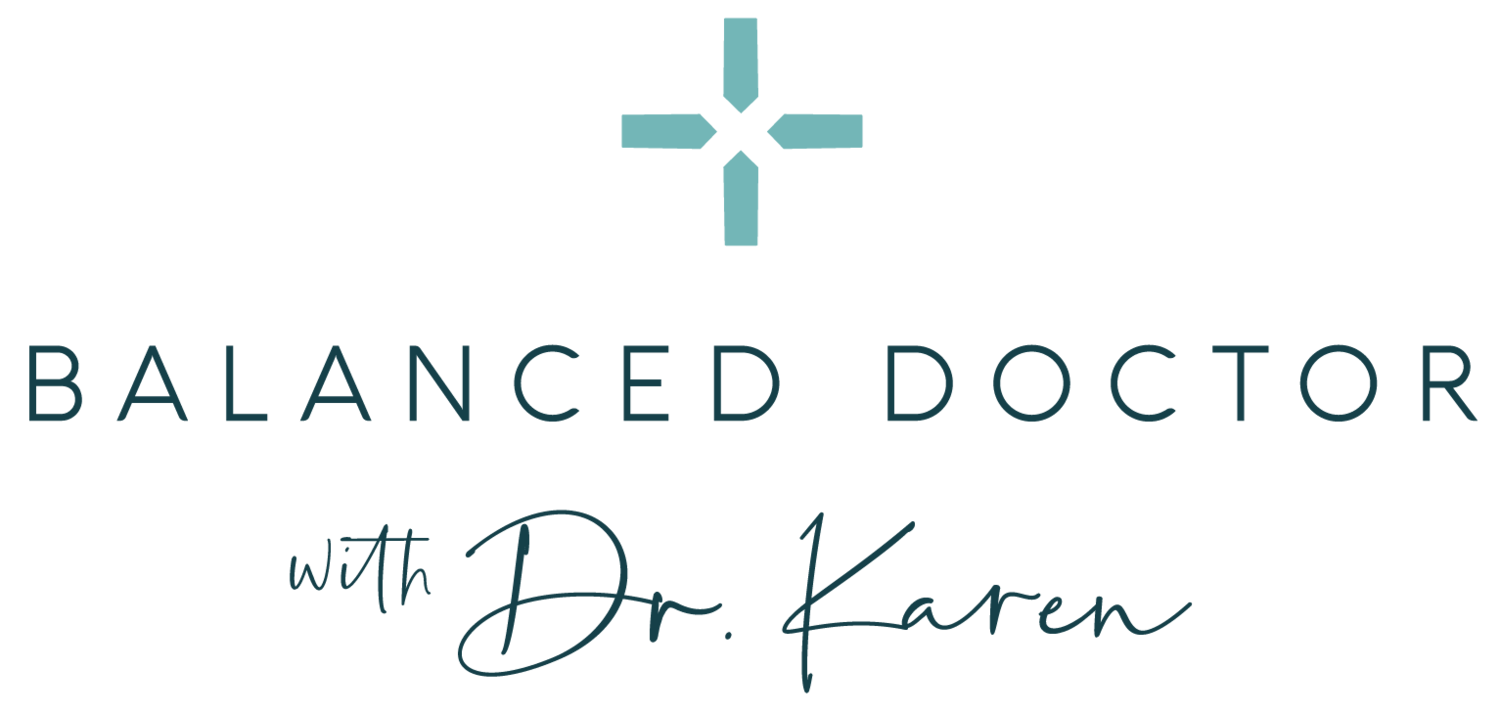Coping with COVID
The words “COVID-19” were very unfamiliar to us just a few months ago. Now they infiltrate every part of our waking day. It’s all we hear on the news and at work, read on Facebook and speak about with our friends and family. While we sense that the virus is invisibly creeping closer case by case, it’s no wonder our personal space is feeling the pressure of more stress and anxiety. The responsibility to our patients, our communities and our families is a juxtaposition perfectly created to make us feel very stressed and scared indeed.
Fear is a primitive emotion that has the purpose of keeping us safe. Meera Lee Patel, author of My Friend Fear, explains in her book,
“Fear gains strength though anxiety. Anxiety is the combination of fear and anticipation. But anxiety is not fear - it’s our anticipation of what we fear most coming to fruition.”
So much of the stress surrounding COVID-19 is the anticipation of what will happen. Physicians and healthcare workers are in an unprecedented situation. A useful coaching technique called the RAIN method provides a valuable structure on how to survive the stress and anxiety in this time of crisis. (It’s also a useful tool to share with your patients who will likely be feeling similar emotions.) The RAIN method has been widely used by Tara Brach, Ph.D, psychologist, author and teacher of meditation and emotional healing. I have adapted it slightly below.
Recognise
The first step is to label the thoughts and feelings that you are experiencing and to appreciate that we are currently facing a pandemic beyond what we could ever allow ourselves to imagine. This is a crisis filled with uncertainty and our reactions are appropriate considering what’s happening.
Recognising our thoughts and emotions makes them more manageable and prevents them from spiralling out of control.
Allow it to Be.
Acknowledge and accept where you currently are. This doesn’t mean that we need to pretend to feel better about things but it will mean that we can start to place the emotions and feelings out in the open. Unconsciously we suppress, ignore or put difficult emotions to one side. Failing to acknowledge this state means that we are much more likely to react in an acute, jarring way rather than having a conscious and considered thought process.
Acknowledging our state of mind means we should quickly feel the tension soften and release. Emotions begin to lose their hard edges.
Invitation to Investigate
Ask yourself these questions:
What do I need now?
What actions can I take to support myself and others?
What resources can I use?
Are there any other factors which are exaggerating the emotions I’m feeling? (Eg. My children are now at home 24 hours per day, I can’t sleep because I’m worrying, I’m working so hard at work dealing with this crisis).
Non-Attachment
Our thoughts and emotions do not make us who we are. Currently they are just part of the experience that we find ourselves dealing with during this pandemic. When we are able to stop linking our emotions to our identity we can let go of our attachment to them and create a sense of freedom. At this point we need to channel our energy into finding a positive focus and deciding on an action plan.
Self Care for Stress Relief
I see self care having two parts. There are the obvious choices of relaxing in a warm bath, unwinding in front of the television with a glass of wine or going for a walk in the fresh air. Then there’s the deeper and maybe more important part - the self care you can do inside your head. Reducing negative thoughts, reframing situations, practising positivity and gratitude. These will all have some mental, emotional and physical health benefits.
Right now daily life is throwing challenges at us every step of the way. Remember, the way you are feeling is completely normal considering what we are up against. You are not alone in what you are going through.
Look after yourself and you can continue to look after others.

